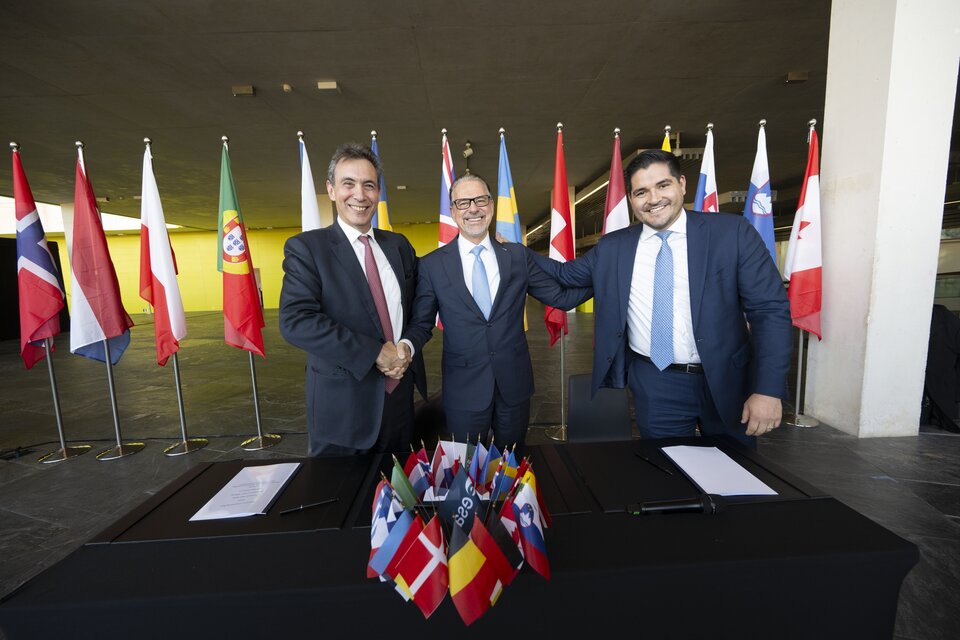A groundbreaking partnership has emerged as the European Space Agency (ESA), alongside industry leaders Airbus Defence and Space and Voyager Space, commits to a new frontier in space exploration with the signing of a memorandum of understanding (MOU) for the development of Starlab, a commercial space station. This collaboration, cemented during the European Space Summit in Seville, Spain, is poised to ensure sustained European access to space beyond the lifespan of the International Space Station (ISS).
The Starlab endeavor is an emblem of transatlantic cooperation, focusing on astronaut missions, long-term research, and commercial development, with a vision for an integrated ‘end-to-end’ space ecosystem. The MOU between these aerospace vanguards seeks to extend Europe’s capabilities in low-Earth orbit (LEO) infrastructure, with ESA propelling a smooth transition from ISS operations to commercially-led space services post-2030.
The agreement signifies a commitment to continuity and expansion in European space operations. Starlab’s development is intrinsically linked with Europe’s strategic goals, leveraging a strong European footprint to facilitate industrial and institutional contributions. With the ISS’s retirement on the horizon, this alliance marks a proactive step towards maintaining and elevating Europe’s position in the space domain.
This partnership aims to harness European innovations, such as advanced robotics, artificial intelligence, and life sciences, to propel research and technology development in LEO. These ambitions echo through the proposed European cargo and crew capsules, highlighting a drive to standardize interfaces and endorse an open access policy.
Josef Aschbacher, Director General of ESA, voices appreciation for the initiative, recognizing the potential for a significant European role in Starlab’s commercial space station framework. Airbus Defence and Space CEO Mike Schoellhorn cites the enduring partnership with ESA in developing a range of space-faring craft, from crewed to uncrewed, as a foundation for this next-generation venture.

The collaboration not only foresees access and contributions to Starlab but also includes a holistic vision for a complete transportation system, encapsulating both cargo and crew elements. The objective is not just to succeed the ISS but to create a sustainable model for human presence and research in space, which will also accommodate commercial pursuits.
This initiative lays the groundwork for a robust European infrastructure in space, post-International Space Station era. It marks a strategic move to ensure that Europe continues to be a key player in the future landscape of space exploration and exploitation. With Starlab, ESA and its partners are setting the stage for a new chapter in humanity’s off-world endeavors, one that harmonizes scientific advancement with commercial viability.










